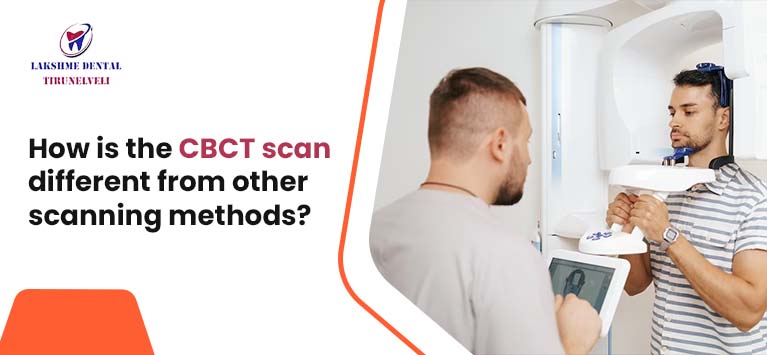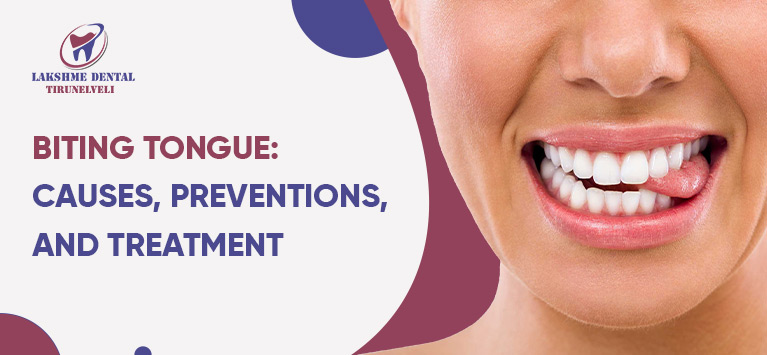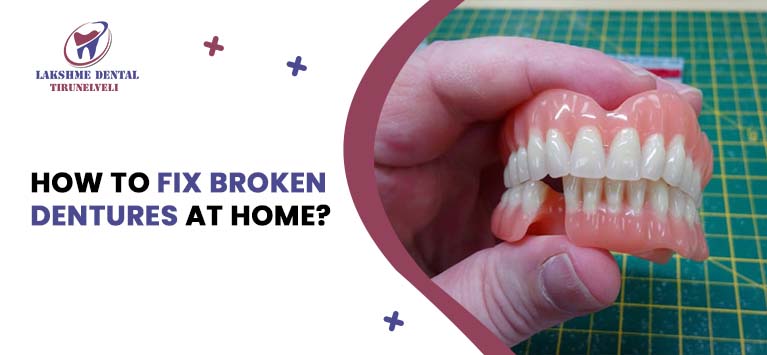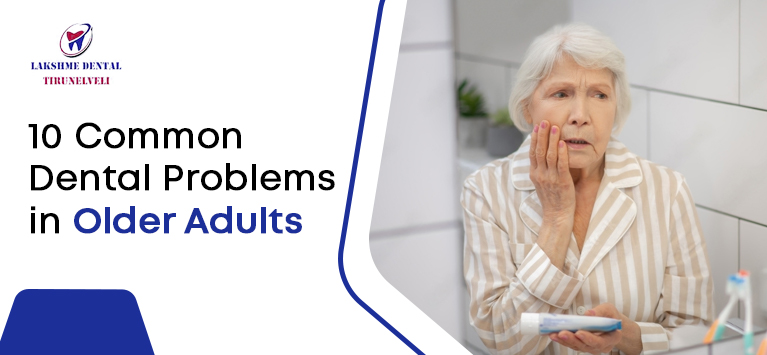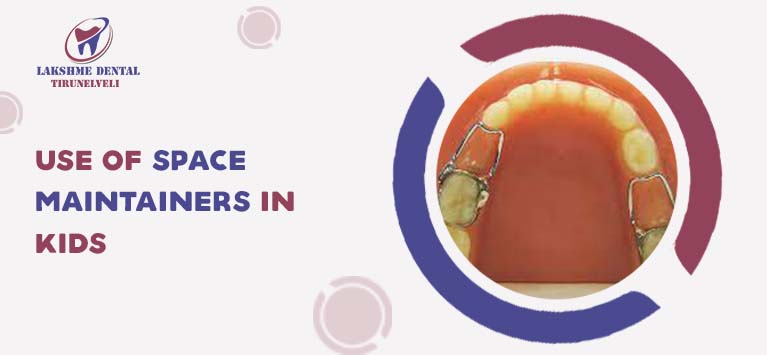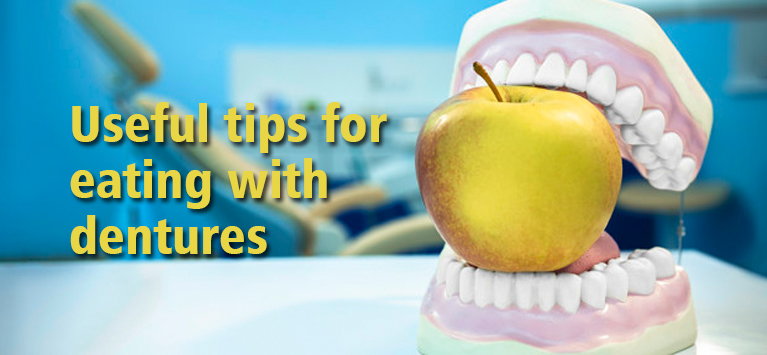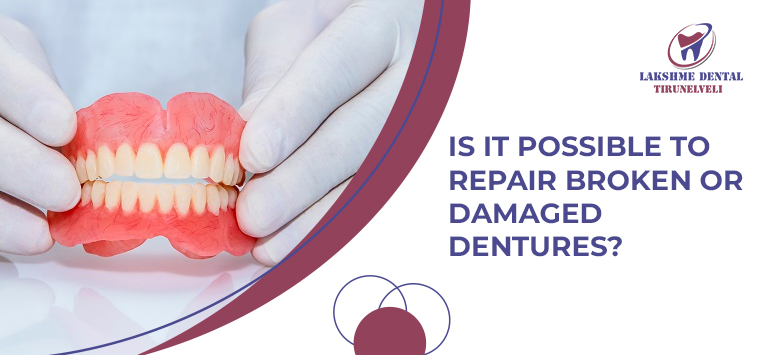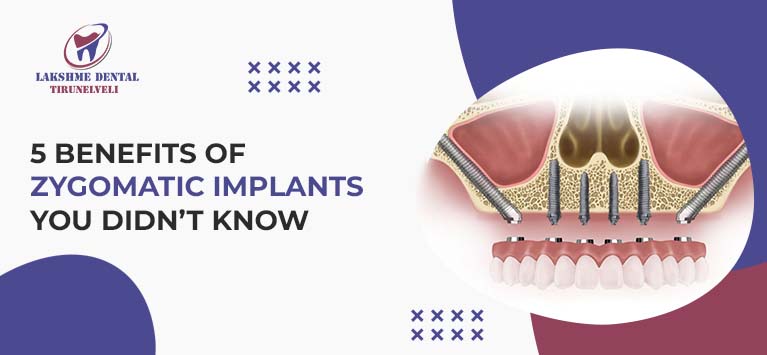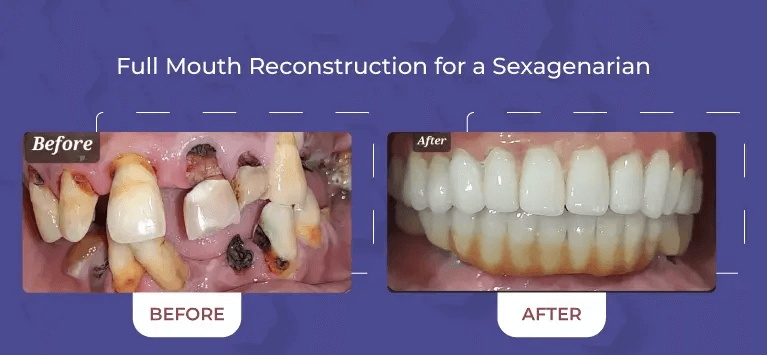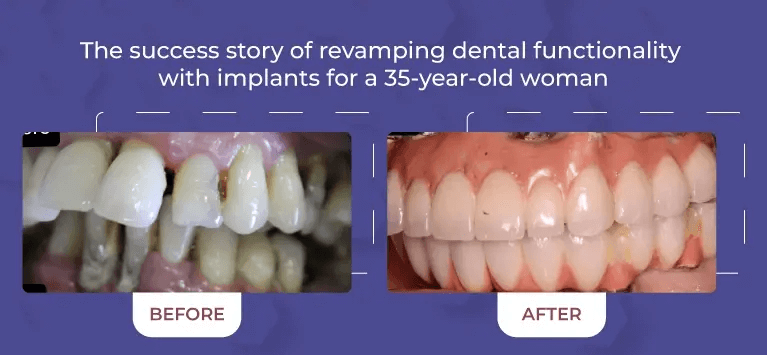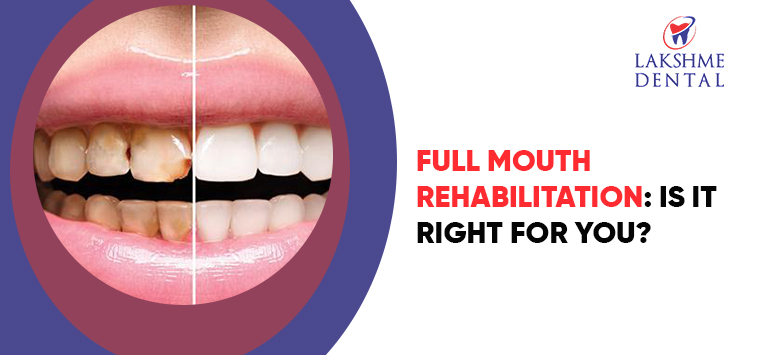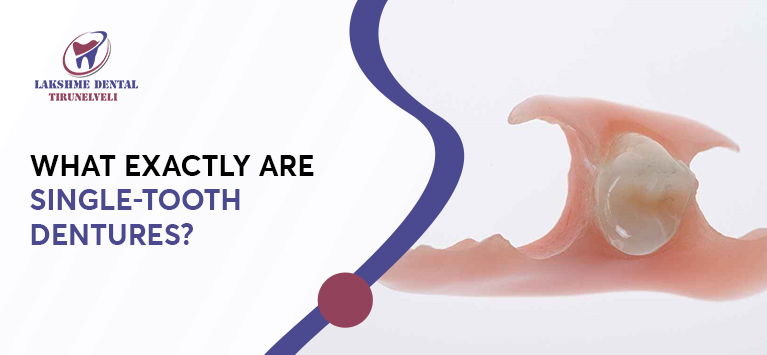
What Exactly Are Single-Tooth Dentures? Advantages & Disadvantages of It
There are ways to fix the gap if only one tooth is missing. To replace it, for instance, you may have a partial denture. You can return your missing natural teeth with dentures, which are artificial teeth. Others merely require replacing one or a few teeth, while some patients need dentures for several missing teeth.
The other primary option for restoring a lost tooth is a single dental implant. Dentures are less durable than dental implants but can be a long-term option.
Which is best for you will depend on your financial situation, personal preferences, and dental health. Both solutions have benefits.
Even one tooth missing can make your other teeth shift and your face muscles droop, giving you an older look. To keep its shape and density, the alveolar bone that supports the teeth requires stimulation from nearby teeth. The absence of stimulation from a lost tooth leads the bone to shrink in outward breadth, height, and volume.
The jawbone beneath the alveolar bone also starts to lose density as the alveolar bone does, leading to the gradual collapse of the facial muscles. Thankfully, we are able to restore lost teeth.
What Are Dentures for a Single Tooth?
An easy way to replace a lost tooth is with a single tooth denture, commonly referred to as a partial denture. Single-tooth dentures are made of plastic bases that are pink or gum-colored and artificial teeth. Single tooth dentures have a metal structure at the base that holds them together and maintains them in place in the mouth.
A partial denture is removable and is held in place by metal clasps that connect to the neighboring teeth, much like an orthodontic retainer does. Dentures with only one tooth need to be taken daily for cleaning and sleeping.
The benefits and drawbacks of single-tooth dentures
Using dentures to replace a single missing tooth has advantages and disadvantages, just like anything else. It’s crucial to discuss the best course of action with your dentist and schedule regular visits.
Advantages of Single-tooth dentures
Because single tooth dentures are more affordable than implants or permanent bridges, they are a common choice for many people. Anyone who may be physically fragile or unable to withstand a more intrusive dental operation can benefit from this choice because it is the least invasive way to replace one or more lost teeth.
While a single partial denture does rely on the teeth next to it for support, the health of those teeth is not always crucial to the functioning of the appliance. In the unlikely occasion that a single tooth denture fractures, chips, or otherwise experiences damage, replacing or repairing it is a relatively inexpensive and straightforward operation.
Disadvantages of single-tooth dentures
Single-tooth dentures have a number of drawbacks, including but not limited to the following:
- You must keep up a regular dental hygiene regimen and clean your dentures the same way you would your natural teeth.
- Without dental insurance, dentures can cost upwards of thousands of dollars (find out whether or not your dental care provider will cover at least some of the cost)
- Partial dentures must be supported by the neighboring teeth, unlike implants.
- Single-tooth prostheses can blend in well with natural teeth, although they may not be as aesthetically pleasing and cannot be used for chewing.
- Single tooth dentures may not be as cost-effective in the long term, despite being more inexpensive.
- For single tooth dentures to be a successful, long-term solution, the adjacent teeth must be in good health.
- You could eventually need a bigger partial denture if you need to remove more teeth.
How Do Brand-New Dentures Feel?
Until the tongue and cheek muscles become used to holding new dentures in place, they may feel weird and loose for the first several weeks. Many patients first experience some little pain, but these issues quickly disappear as the mouth adjusts.
With a new, single tooth denture, routine activities like eating may need some getting used to and for some denture users, may be initially painful. Start with soft meals and chop them into little pieces to help you get acclimated to the new denture. It is preferable to use both sides of your mouth when chewing gently.
Summary
Partial dentures include single-tooth prosthetics. They are one of the three primary alternatives for a single lost tooth. Other alternatives include bridges and dental implants.
Whether single-tooth dentures are the best option for you will depend on your individual requirements and tastes, as well as the condition of your natural teeth. To decide on the best course of action, see your dentist.

